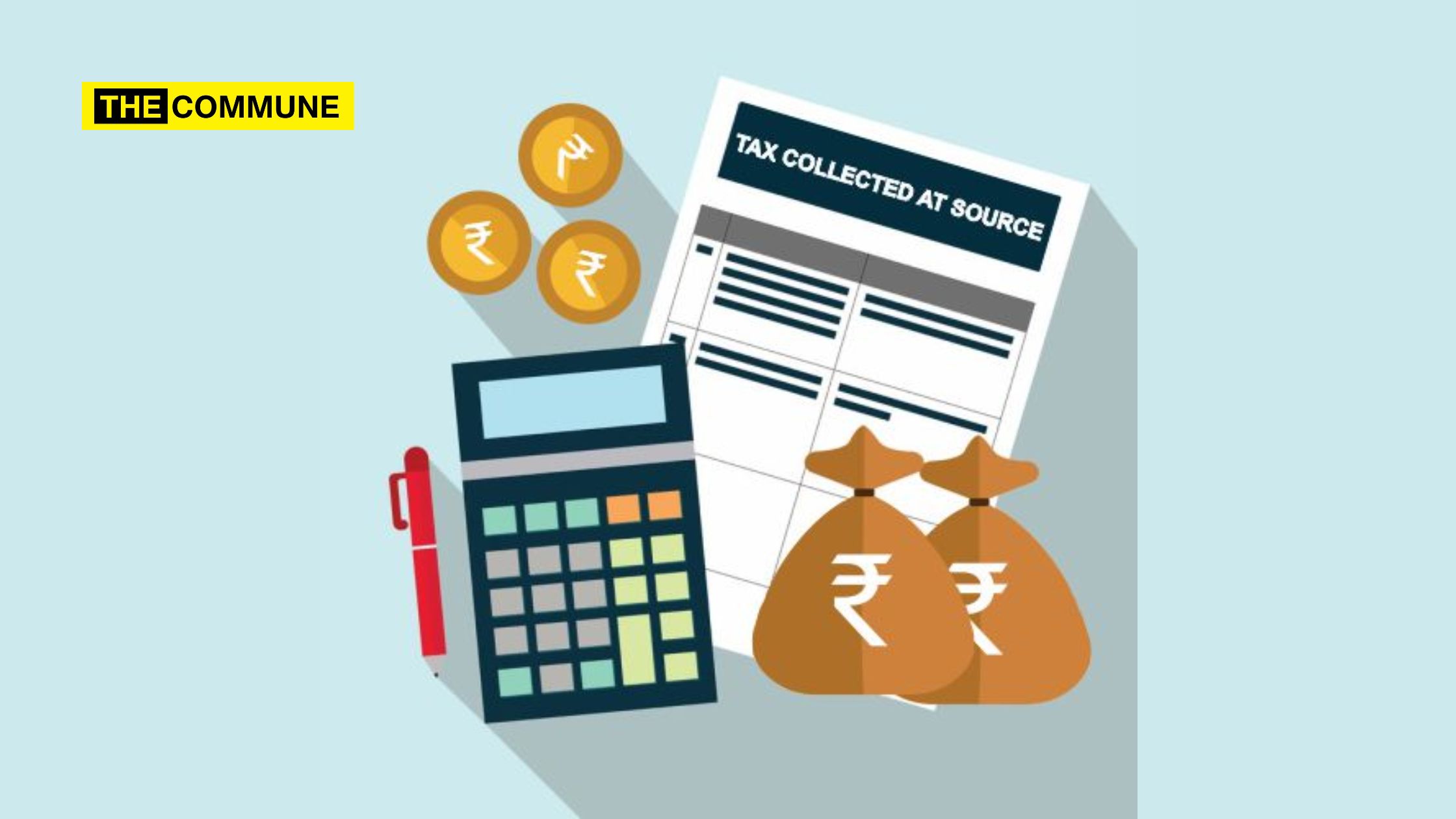
There has been a lot of fuss over the Union Finance Ministry’s recent announcement about 20% Tax Collection at Source (TCS) on international credit card transactions under the Liberalized Remittance Scheme (LRS).
LRS is part of the Foreign Exchange Management Act (FEMA) 1999, which lays down the guidelines for outward remittance from India.
All resident Indians are allowed to freely remit up to $250,000 per financial year without informing the Reserve Bank of India (RBI).
But what prompted the government to make a decision?
Driven by the euphoria to escape the scorching heat and break out from the shackles of COVID-induced lockdowns, people have started traveling again. India reported a 30-40% surge in tourism during this season. The Finance Minister, in her budget speech, announced a hike in the Tax Collected at Source (TCS) collected on foreign remittances, including the booking of tour packages. The surge in TCS rates is expected to come into effect from July 1, 2023.
While it was obvious and clear that the TCS hike would apply to the foreign tour packages and the rates were expected to increase from 5% to 20%, the Finance Ministry issued a circular on May 16, 2023, which clarified that the increase in TCS rates would also apply to all credit card transactions made overseas in foreign currencies.
Earlier, the overseas use of international credit card transactions was not included in the liberalized remittance schemes (LRS). This has been changed to include international credit card transactions under the LRS. As per the LRS, individuals can remit up to $2,50,000 a year, accounting for $12.68 billion in 2020-21, $19.61 billion during 2021-22, and $24 billion in 2022-23. Overseas travel accounted for more than half of the remittances.
It must be noted that the payments made using debit cards or other instruments were treated under the LRS. Credit cards were exempted under Rule 7 of the FEM(CAT) rules for a pre-specified LRS limit. Some individuals were found to transact exceeding the LRS limit, and data pointed out that often, international credit cards were issued with limits exceeding the LRS threshold of USD 2,50,000. There were also instances where the LRS payments exceeded the incomes disclosed by individuals. RBI had called out to the government to bring about uniformity between credit cards, debit cards, and other money instruments used in foreign exchange and to restrict the LRS by-passers.
Is TCS The Final Tax?
In reality, TCS is not a final tax. If you are a taxpayer, you can claim the TCS against your regular income or adjust against the income tax liability for that financial year.
In case the person is not a taxpayer, then the 20% tax might not have a major impact. It must be noted that as per the new regime, the tax rate slab of 20% begins to apply for income above ₹12 lakhs and 30% for income over ₹15 lakhs. So, this may not have a pronounced impact on the poor household or lower-income groups.
What Is The TCS Rate Applicable For International Use Of Credit Cards?
The budget proposed no changes to the TCS rate of 0.5% applied to the remittances exceeding ₹7 lakhs towards education made in the form of loans obtained from financial institutions. Along similar lines, the FY24 budget proposed to maintain the 5% TCS rate on remittances exceeding ₹7 lakhs made for the purpose of medical treatment and educational purposes (without loans). The budget proposed a hike of TCS rates from 5% to 20% for all other purposes under the LRS as well as the sale of overseas tour packages.
This means that if you purchase an overseas tour package from an international agent in foreign currency using your credit card, then you will have to pay a 20% TCS from 1st July 2023. This also extends to cover the foreign currency purchase from authorized dealers. The bank that has issued the credit card will collect the 20% TCS from the cardholder and deposit it in the PAN of the credit card holder, which can, in turn, be claimed and adjusted against the income tax liabilities for that financial year.
Now, What Is In Store For Frequent Travelers?
The travelers may have to bear the 20% extra cost while booking their travel, but it will not be an additional cost. The TCS can be adjusted against the income tax liabilities. People who do not have an adequate tax liability to adjust against the TCS, he/she should claim a refund.
To claim the refund, you may have to submit the invoices, receipts, TCS certificate, and bank statements to demonstrate that your tour payments are well within the LRS limits. The TCS information will be made available on Form 26AS, and one must ensure that the TCS mentioned in the credit card statement sync with the amount mentioned in Form 26AS. While accounting for credit card limits, ensure that you are conscious of leaving a 20% buffer for TCS rates.
As the TCS rates were not applied to the usage of international credit cards until now, defaulters had escape routes, and there were many cases of foreign remittances exceeding the LRS limit of USD 2,50,000. Now this rule is expected to bring about uniformity and consistency in international payments, and the same TCS applies to all remittances irrespective of the mode of payment.
Is There A Difference Between Booking A Travel Package Through An Indian Travel Agency And An International Agency?
In reality, it is not, and here is why. Say, if your tour package costs $1000, your domestic travel agent will collect $1200, including the TCS. On the other hand, when you book your travel through an international agent, it is considered a Forex transaction. The tour operator will collect only $1000, but the bank that issued the credit card will collect $200 as TCS. The difference lies in paying upfront vs. paying at a later period of time.
The TCS rates apply uniformly to the trips, no matter whether you book them through the international agents or domestic travel agencies.
So, if you are a frequent traveler, do not panic, and remember that the increase in TCS rates isn’t an additional cost. You can always claim the payments later while you file your quarterly returns.
Will It Affect Those Studying Abroad Or Going For Medical Treatments?
There will be no changes in medical or educational expense as the TCS remains at 0.5% concessional rate provided.
What Will The 20% TCS Achieve?
It will end the differential treatment of debit and credit cards. It will bring about a prudent foreign exchange management system preventing by-passing of LRS limits.
It will primarily affect the High Networth Individuals (HNI) who invest in stocks, bonds, and assets outside India. It is basically a tax that taxes the rich and does not impact an average middle-class Indian.
Yes, 20% TCS on international credit card payments might not help the state coffers much but it does give fodder for scaremongering the growing middle-class Indian that they too will be taxed who form the core base of the BJP.
Sindhu Bharathi is a research analyst specializing in policy research, economic modelling and management consulting.
Click here to subscribe to The Commune on Telegram and get the best stories of the day delivered to you personally.




